Why You Should Network With Recruiters BEFORE You Graduate was originally published on HospitalRecruiting.
 rawpixel/123RF.com
rawpixel/123RF.com
Regardless of your particular profession or specialty, the medical field is a challenge and getting through school and passing boards is quite overwhelming. For most, the focus during this time is just making it out of the program with adequate grades and knowledge. But there is a huge opportunity that is missed during those semesters by many: Networking! Networking prior to graduation is often the difference between months of job searching and competition and sliding into a position the day after you pass your boards. However, before you get started you need to know the why’s and how’s of networking during your school years.
Why Network for Healthcare Jobs
Summer break may seem like an opportunity to relax and catch up on a little family time, but in reality, it is prime time for some additional learning. The first thing you should be looking for when you’re networking is an internship/externship that falls during your break. Not only will you avoid losing knowledge and skills, but you’ll build on what you have, gain experience and confidence, and develop relationships that can lead to amazing positions later on.
Speaking of landing positions, the whole reason for networking is this very reason. If you wait until you graduate, you will be competing against 30,000 other graduates from the area (more or less, depending on where you live). At that point, landing an interview is akin to winning $5,000 on a scratcher. Recruiters are totally inundated with new graduate resumes each spring, and likely can only choose a few for open positions. If they already know you, they might just offer you an interview simply because they don’t have to weed through the stack on their desk!
One great thing about recruiters is that they know where the jobs are, what they entail, and how often opportunities open up. Certainly, if you have a chance to hear from those already working in a slot you’re hoping for, you should bend their ear. But, next to those on the floor, recruiters probably know as much or more than anyone else about the where and when of positions. Take time to hear them out, ask questions, and consider their advice. The benefit to doing this early is that you have time to really consider your options, instead of feeling pressured after graduation to just jump on the first offer you receive.
How to Get Started with Networking
Start with accounts on sites such as HospitalRecruiting and LinkedIn. We live in an online world, and it’s imperative that you understand how to utilize this to your advantage. Create an online presence and build a network during your educational years. Think of it as a two-way rolodex. If you connect with recruiters, educators, administrators, and others in the field, you not only hang on to their contact information, but they have yours.
Job Fairs may seem a little old fashioned considering the ability to seek out positions online from the comfort of your home, but it’s for that very reason that they are often well staffed and under attended. Recruiters enjoy the opportunity to see candidates face to face and build connections, and yet many students and job seekers skip this golden opportunity to do so. Take advantage of this by attending job fairs regularly! When you attend, be sure to create and carry some high-quality business cards with your information included (email, telephone, and online profiles), dress professionally and take you’re A+ game. Be social and friendly and let others know what you’re doing. They’ll appreciate your tenacity! Also, don’t seek out only healthcare fairs. You’d be amazed at the number of healthcare positions that are open in other organizations (think occupational nursing) or the network that recruiters from other fields have.
Twenty-five years ago, it would have been perfectly normal to drop in or call someone unexpectedly. However, in this age of email and text messages, everything is scheduled ahead of time. While it’s recommended that you not be rude, sometimes a little old-fashioned drop-in can actually be a good thing. If you’re interested in a particular position or organization, don’t be afraid to stop by in person for a quick but friendly visit. Bring a business card with your information and practice a succinct message that you want to deliver. Be sure to request a longer telephone or sit-down meeting for a time that is convenient for the recruiter before you leave.
It’s likely that throughout your education, you’ll have the opportunity to hear from speakers or meet managers, supervisors, or administrators from different facilities. When this occurs, take the opportunity to ask questions and make conversation. Seek out their advice and let them know that you’d like to re-connect with them in the future. Even if it’s not an appropriate time to set a meeting, they’ll remember you later when you reach out. This positive memory can lead to interviews later.
Most positions in the medical field require candidates to participate in clinical rotations during their education. Always be sure to reach out with a THANK YOU for the recruiters or directors of facilities and organizations where you do clinical rotations. If you can deliver a card in person, do so. Otherwise, drop it in the mail shortly after you’ve completed your rotation. They’ll remember that you went above and beyond, especially if you express that you enjoyed your time of learning.
Regardless of the “shortage” of healthcare workers, finding a position that is right for you can still be quite a challenge. Don’t wait until you’re competing with so many others. Get ahead of the game, network and build relationships now. You’ll likely have an offer letter in hand before your boards are even scheduled!

